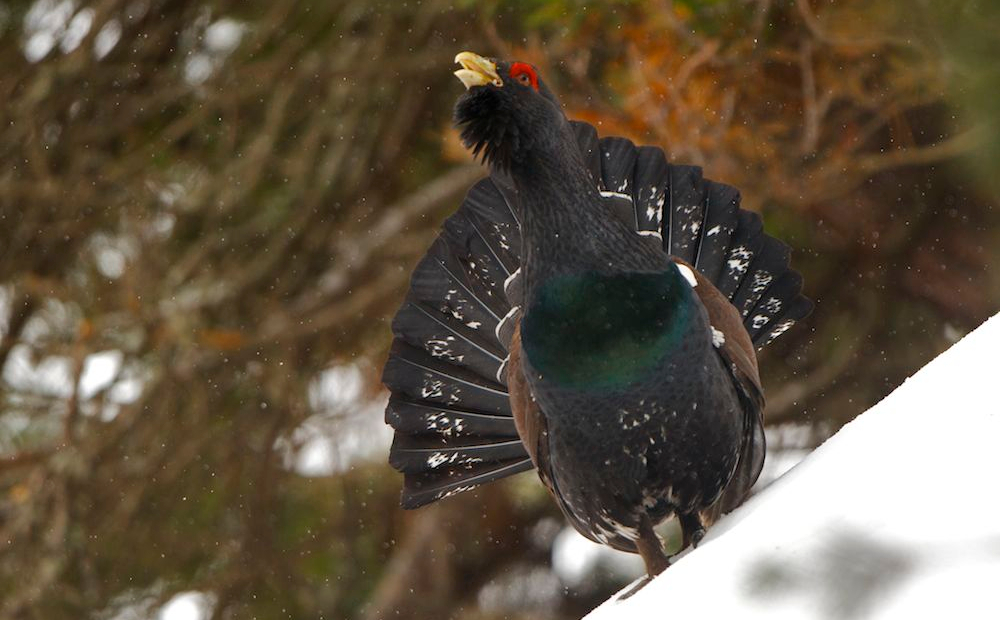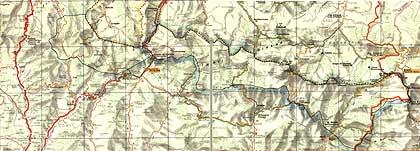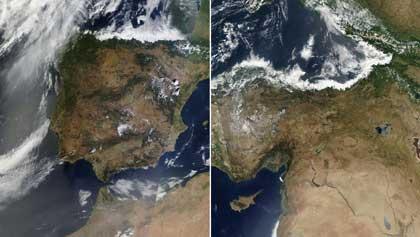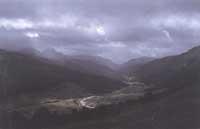Pyrenean sketches, parasites also threaten
2024/02/19 Etxebeste Aduriz, Egoitz - Elhuyar Zientzia Iturria: Elhuyar aldizkaria

After a health study of the Pyrenean wild, 60% of them are infected by blood parasites. Climate change may have facilitated the spread of these parasites.
Although the forest is widespread in Europe, the two species of the Iberian Peninsula, the Cantabrian (Tetrao urogallus cantabricus) and the Pyrenees (Tetrao urogallus aquitanicus) have suffered in recent years a worrying decline which risks extinction according to the Spanish Catalogue of Endangered Species.
This study analyzes pyrenees. They live in Navarre, Aragon, Catalonia, Andorra and the French Pyrenees, in black pine forests. And now they have seen that more than half are infected with blood parasites from the genera Haemoproteus and Leucocytozoon.
They are parasites related to avian malaria that are transmitted through vectors, the first mainly by insects of the genus Culicoides and the second by black hematophagous flies. It has been a surprise for researchers to find these parasites in the Pyrenean sketches, these birds at a high altitude, where the vectors hoped they would not exist or were alone in low densities.
Although they recognize that more research is needed, researchers do not rule out the relationship between climate change and the spread of these parasites. In fact, the Pyrenees are one of the places where temperatures have increased the most, at least 1.2 C between 1949 and 2010, facilitating the expansion of vectors.
They do not know the influence these haemoparasites can have on Pyrenean sketches, but they can also cause anemia and death in other bird species.
On the other hand, a herpesvirus has also been found, never recorded in the barrels, which can be a new species. New to science, not to barns, which have probably been infected for thousands of years, as these viruses usually evolve with the host.
In any case, it highlights the limited knowledge we have of the pathogens of wild animals and, in this regard, underlines the importance of carrying out detection studies of new agents to increase the knowledge of the pathogens present in the natural environment.
Despite the serious state of the species, researchers suggest the possibility of recovering it through intensive conservation strategies n.Por example, if the stress of the wild is minimized, improving the quality of their habitat, the incidence of these viruses will be lower.

Gai honi buruzko eduki gehiago
Elhuyarrek garatutako teknologia





